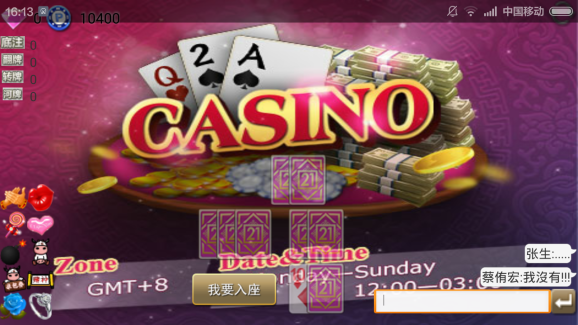A Chinese secret: why mobile publishers are spending big bucks on their own in-app purchases

Successful CMOs achieve growth by leveraging technology. Join us for GrowthBeat Summit on June 1-2 in Boston, where we'll discuss how to merge creativity with technology to drive growth. Space is limited. Request your personal invitation here!
The Casual Games Association paid for Jeff Grubb’s trip to Casual Connect Asia, where he presented a lecture. Our coverage remains objective.
We’ve established over and over that China is an impenetrably confusing market for mobile developers, but nothing proves that like a practice known as “seeding.”
Android is the dominant platform in China, but Google Play doesn’t have a real presence in that market. This has forced developers and publishers who want to get games on the dozens of independent Android-based app stores to get creative with their marketing techniques. And seeding is one of those methods that many people do but few people talk about. But Calvin NG, the executive director of social-casino publisher 21Pink, revealed how it works during a presentation at Casual Connect Asia in Singapore this past week.
“Seeding is a secret in China, and many people don’t know this, and few people would ever present this publicly,” NG said during his lecture. “Seeding is when you launch a game, and you actually buy in-app purchases for it to pump up the revenue of your game. This is good if you don’t want to work with a publisher, or a publisher may do it for you if it has confidence in your game.”
NG gave an example where a developer in China decided to avoid working with publishers. Typically, going alone means a game will wither and die because publishers have all the connections with the various distribution channels. But NG’s friend had a plan, and he decided to just release his game on the iOS App Store as well as a single Android app market. And then he “seeded” the game on each by spending around 5 million Chinese yuan (around $800,000) on microtransactions in his own game.
That artificial influx of cash helped the game zoom to the top of the highest-grossing app charts. When the other distribution channels saw this, they all started chasing after the new game to get it on their stores as well.
“Seeding is definitely necessary,” NG told GamesBeat in an interview. “It’s important to keep your ranking in the app stores. Overseas, you only need to keep your download ranking, but in China, you have to worry about the revenue. Because Chinese app stores only care about money. When they see revenues, they want to know what they can do to support you more. If you’re not making money, then they are like ‘don’t talk to me.'”
So like the independent game looking to get on other stores, the app markets will also help advertise games that they see are making money. NG estimates that about eight out of 10 games that seed when they first release will begin organically making money after about two or three months.
But you have to wonder, how do the app stores not see that this money is coming all from the publisher.
“In China, publishers have their own download servers,” said NG. “So the app stores aren’t seeing the data.”
And while China is heavily regulated in other ways, NG says that seeding isn’t illegal.
“Seeding is OK,” he said. “You’re spending your own money. And the best part, if I seed 1 million RMB, I get back 60 percent of it.”
VentureBeat’s VB Insight team is studying marketing and personalization... Chime in here, and we’ll share the results.


